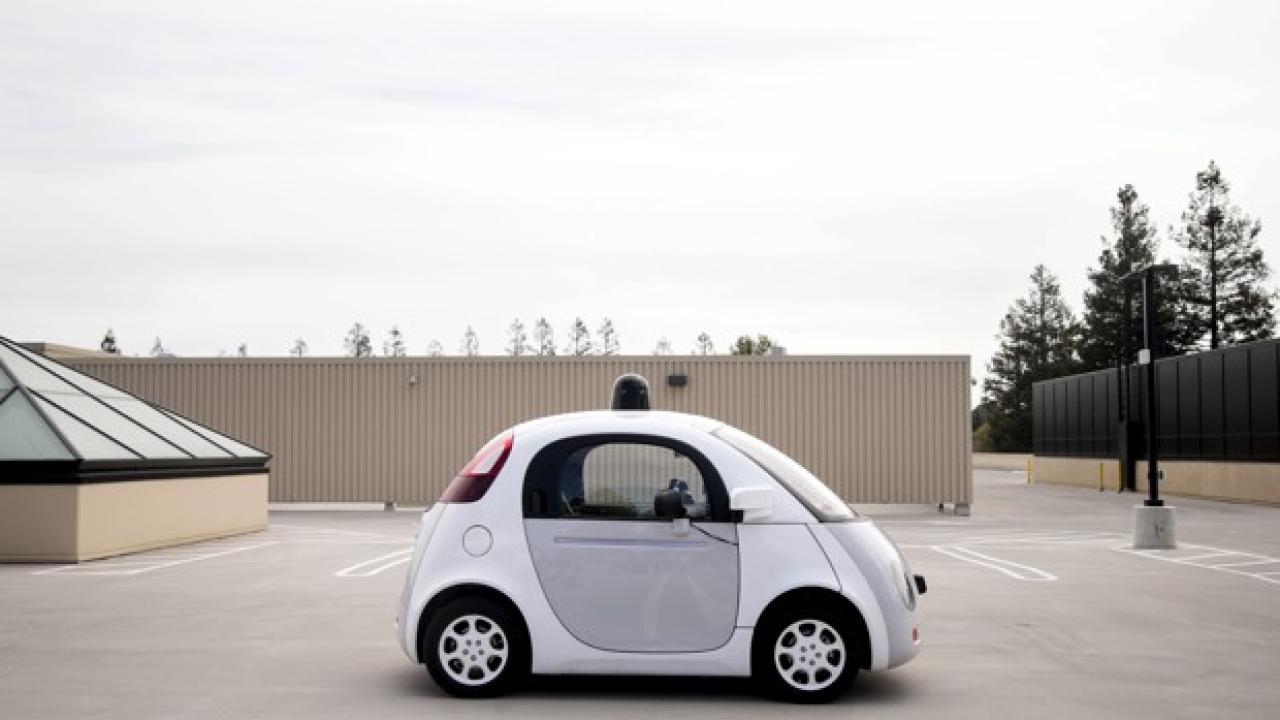
The Self-Driving Dilemma
The Self-Driving Dilemma
By Andrew Small
But the dream of cheap, clean mobility in cities might run up against some harsh realities—soaring energy consumption, supercharged sprawl, and intensified traffic congestion—if AVs are simply deployed to encourage more driving.
That’s one message from a new report prepared by the University of California Davis’s Institute of Transportation Studies and the Institute for Transportation and Development Policy (ITDP), a nonprofit organization that develops bus rapid transit systems and promotes environmentally friendly urban planning. They’ve been crunching the numbers on how to avert warming the planet with carbon emissions while also reducing gridlock and increasing mobility.
The report looks at three possible scenarios for vehicle use by 2050 and compares their energy demands. Option one: We continue with privately owned internal-combustion cars the way they are. Or, there’s a “two revolutions” model, where both electric and automated vehicles come into common use by 2030 and 2040. Then there’s the triple-revolution scenario, which introduces widespread ride-sharing by 2030.
CityLab asked lead author Lewis Fulton, who co-directs the Institute of Transportation Studies’s Sustainable Transportation Energy Pathways (STEPS) program at UC Davis, how much urban transportation factors in this climate change equation. “Cars in cities are like one-tenth of [the transportation] number,” Fulton says. “Cars in general, is probably one-fifth of transportation’s carbon footprint.”
Fulton sounds a big note of caution on the timing of these multiple revolutions, whatever shape they take. “It could take 30 or 40 years to phase in electric cars and reach this driverless car world where everything is clean and automated in a perfect symphony,” he says. “But we have to figure out how to live for decades where you have many kinds of vehicles out there, unless we made some kind of decision as a society to accelerate the change.”
...Read the full story at CityLab
